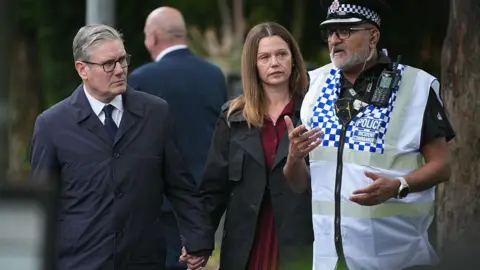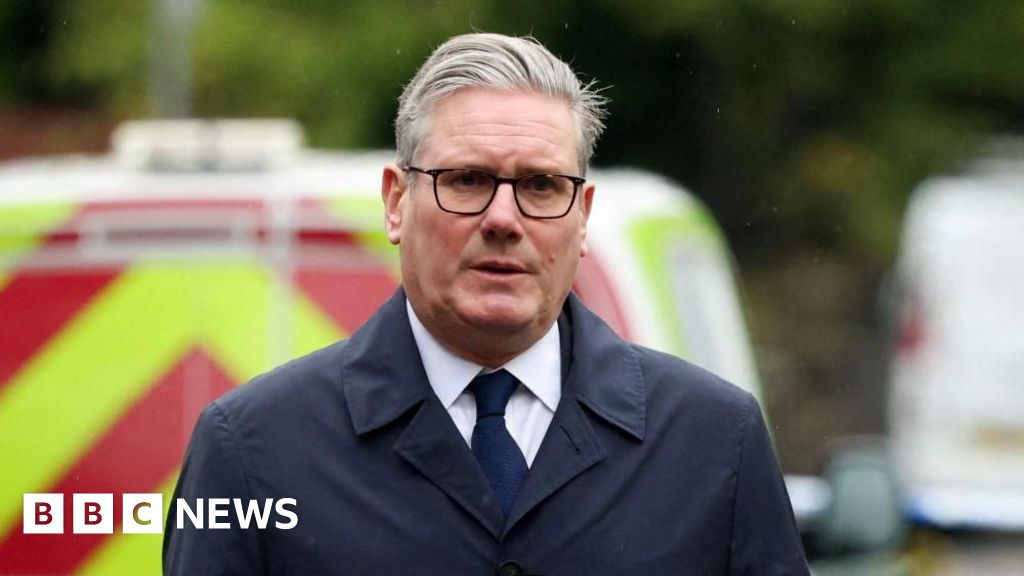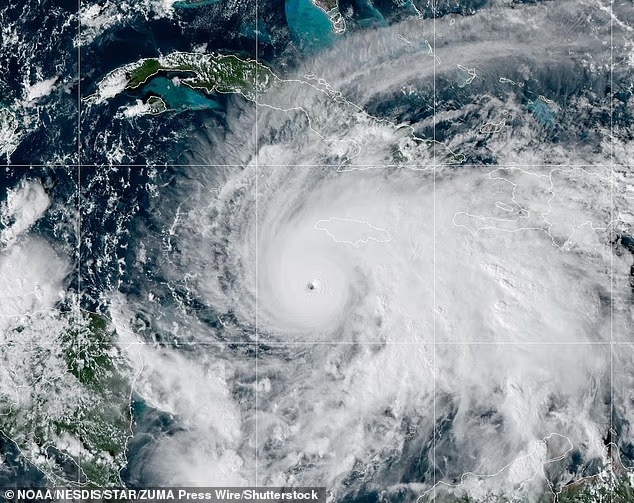 Getty Images
Getty ImagesSir Keir Starmer has said pro-Palestinian protests planned for this weekend will cause “distress” and urged those thinking of taking part to “recognise and respect the grief of British Jews” after Thursday’s synagogue attack.
“It is not a time to stoke tension and cause further pain,” the prime minister wrote in the Jewish Chronicle.
Shadow home secretary Chris Philp told BBC Breakfast the protests should be cancelled, saying it was “extremely insensitive to the Jewish community”.
A spokesperson for protest group Defend Our Juries said: “Cancelling peaceful protests lets terror win.”
It comes after Home Secretary Shabana Mahmood called for demonstrators to “step back” and give people a chance to grieve.
She said there were “strong” powers to protect the freedom to protest, but they could be overridden on the advice of the police.
“I can take my lead from the police, if they were to tell me there was an inability to respond and to police the protests, then there are powers that are available,” she added.
Pro-Palestinian protests are planned in both London and Manchester on Saturday.
In an article for the Jewish Chronicle published on Friday, Sir Keir said: “Peaceful protest is a cornerstone of our democracy – and there is justified concern about the suffering in Gaza – but a minority have used these protests as a pretext for stoking antisemitic tropes.
“I urge anyone thinking about protesting this weekend to recognise and respect the grief of British Jews this week. This is a moment of mourning. It is not a time to stoke tension and cause further pain.”
Met Police Commissioner Mark Rowley said he did not have the powers to prevent protests or ask the home secretary to do so but questioned whether they should proceed.
“There’s a risk the timing of that event sends a message which, whether inadvertently or deliberately, endorses antisemitism, which is a deep risk to community tension,” he said.
The Met has written to the protest group Defend Our Juries, raising concerns about the amount of police resources its planned protest would divert at a time when “visible reassurance and protective security” was needed for communities.
But the group, which has led demonstrations against the ban on Palestine Action, said it planned to go ahead with the march.
A spokesperson condemned the Manchester attack and said the group “stood in solidarity” with the Jewish community.
The group urged the force to “prioritise protecting the community, rather than arresting those peacefully holding signs” in support of Palestine Action.
The government proscribed Palestine Action under anti-terrorism legislation in July. At various protests since then, hundreds have been arrested for showing support for the group, which has won permission to challenge the ban.
The Met will deploy 1,500 officers to arrest anyone breaking the law by overtly supporting the group.
Greater Manchester Police Chief Constable Sir Stephen Watson appealed for those intending to protest in the city this weekend to “consider whether this is really the right time”.
He said his force would not seek to stop peaceful gatherings, but said police would immediately act to curtail any acts of violence or intimidation.
A spokesperson for Greater Manchester Friends of Palestine, which is planning a demonstration in the city’s Cathedral Gardens on Saturday, said: “Because we recognise the sensitivity of the local situation, there will be a Jewish speaker who understands what both communities are going through.”
A pro-Palestinian protest took place in Manchester on Thursday night. Demonstrators in London protesting against the Israeli navy halting a flotilla carrying aid to Gaza clashed with police too.
The Metropolitan Police said 40 people had been arrested. Six of those detained were arrested for assaults on police officers.
Speaking on Friday, Mahmood said she was “disappointed” pro-Palestinian protests had gone ahead on Thursday.
“I do think that carrying on in this way does feel un-British, it feels wrong,” she told the BBC.
“It is important to draw a line between what is happening in the Middle East and what is happening at home.”
“I don’t think these protests should go ahead at all,” Philp told the BBC on Saturday. “I think it’s extremely insensitive to the Jewish community.”
He added: “We cannot allow this atmosphere to develop where a particular community, in this case the Jewish community, are intimidated.”
Green Party leader Zack Polanski said on Friday “non-violent protest has a really important part to play in our democracy”.
“I think it’s important in democracy we find space and we find nuance that people can both grieve and people can protest for the people that they are grieving and all of these things can be true at the same time,” he told the BBC.
The UK’s chief rabbi Sir Ephraim Mirvis told the BBC Radio 4’s Today programme on Friday that many members of the Jewish community wondered why marches in support of Palestine Action had been allowed to take place.
“Some of them contain outright antisemitism, outright support for Hamas. Not every single person, however there is so much of this, which certainly is dangerous to many within our society,” Sir Ephraim said.
“You cannot separate the words on our streets, the actions of people in this way, and what inevitably results, which was yesterday’s terrorist attack.”
He also called on the government “yet again”, to “get a grip on these demonstrations, they are dangerous”.
By
Source link




Leave a Reply